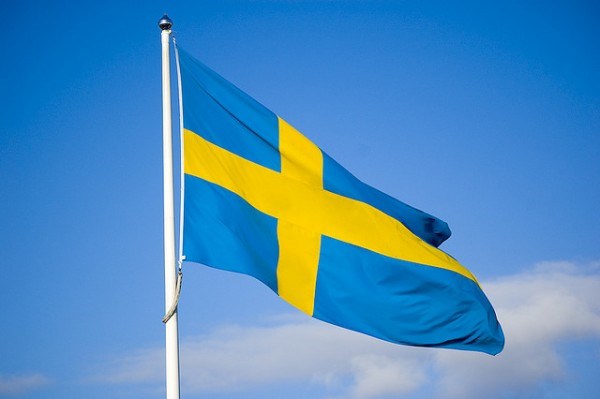Swedish Ministry of Foreign Affairs summons Russian ambassador over Kremlin statements regarding Novichok poison
SVT Nyheter reports that the Ministry for Foreign Affairs of Sweden has summoned the Russian Ambassador in connection with statements made by Russian diplomats regarding the poisoning agent Novichok.
Maria Zakharova, official Spokeswoman for the Russian Ministry of Foreign Affairs, previously said that the Novichok poison found during the investigation into the attempt on the life of former Russian intelligence officer Sergei Skripal could have originated in Sweden.
“The most likely source of origin of the toxin are the countries which have been carrying out intense research on the substances from the ‘Novichok’ program, approximately since the end of the 1990s until the present time… [These are] the UK, Slovakia, the Czech Republic and Sweden," Zakharova said.
The Swedish Foreign Ministry confirmed that the ambassador had a call with journalists but declined to comment on it in detail.
"I cannot speak in detail about what will be discussed at the meeting," explained Swedish Foreign Ministry Press Secretary Linn Duvhammar.
On Sunday, March 18, Swedish Foreign Minister Margot Wallström dismissed the accusations that Sweden could be a source of poison.
The day prior, British Secretary of State Boris Johnson said that Russia has been creating and stockpiling nerve agents, including Novichok, for a decade.
On March 5, former Russian spy Sergei Skripal and his daughter were both hospitalized in the UK with cases of strong poisoning by an unknown substance. They both became ill while at a shopping center in Salisbury.
According to publication the Telegraph, the Skripals were poisoned while in their home. After some time, several emergency workers who were working at the scene were hospitalized.
The investigation has identified the nerve agent used against the Skripals as Novichok, which is typically manufactured in Russia.
Britain demanded that Russia explain the appearance of the substance on its territory within 24 hours, but never received a response. Russia has traditionally denied any accusations against it.
